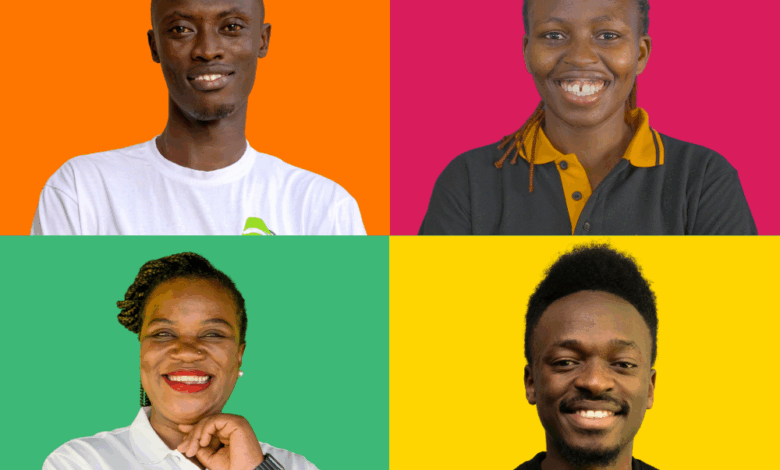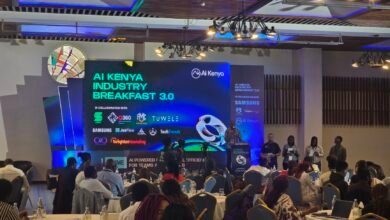
Two Kenyan engineers, Carol Ofafa and Elly Savatia, have been named finalists for the 2025 Africa Prize for Engineering Innovation, a competition run by the UK’s Royal Academy of Engineering. They are competing for a £50,000 grand prize with innovations designed to tackle accessibility and energy challenges in the region.
Ofafa’s startup, E-Safiri, is a battery-swapping service for electric vehicles, while Savatia’s app, Terp 360, uses AI to translate speech into sign language. They join two other finalists from Ghana and Uganda, whose projects focus on neonatal healthcare and aquaculture technology. The four were selected from a shortlist of 16 innovators who all participated in an intensive eight-month training program covering business fundamentals like financial modeling and market analysis.
Terp 360: An AI avatar for sign language translation
Elly Savatia’s app, Terp 360, is designed to address the shortage of sign language interpreters in Kenya. The app uses AI and a 3D avatar to translate spoken words into sign language. Unlike more static translation tools, Terp 360 aims for a more human-like experience.
To achieve this, Savatia’s team at Signvrse used motion capture technology and worked directly with deaf and hard-of-hearing Kenyans to record over 2,300 signs, words, and common phrases. The result is an avatar that delivers translations with what the creators describe as “lifelike fluidity” and cultural relevance. Since joining the Africa Prize program, the project has secured a grant from Google.org to expand its sign language dataset and has established a presence in Rwanda at Carnegie Mellon University’s College of Engineering to pilot the technology in classrooms and public services.
E-Safiri: Solar-powered battery swapping for rural EV users
In Kisumu, Carol Ofafa founded E-Safiri to solve a key obstacle to electric vehicle adoption: the lack of charging infrastructure, especially in rural areas where many households don’t have reliable electricity. The service operates four solar-powered hubs where riders of electric bicycles and motorbikes can swap their depleted batteries for fully charged ones.
The system uses IoT-enabled batteries that send real-time data back to a central dashboard, allowing E-Safiri to monitor energy use and conduct proactive maintenance. The solar-powered hubs are designed to generate more power than they need for battery charging, with the surplus energy made available to local households that lack electricity.
The Competition
Savatia and Ofafa are up against two other innovators:
- Vivian Arinaitwe (Uganda): A biomedical engineer who developed Neo Nest, a portable, low-cost neonatal warming device. It functions as a makeshift incubator during ambulance transfers, using an electric circuit to generate and regulate heat while monitoring the baby’s vitals. The device has a system of LED lights and alarms to alert caregivers to any issues.
- Frank Owusu (Ghana): An “aquapreneur” who created Aquamet, a smart device for fish farmers. It uses sensors to monitor water pH, dissolved oxygen, and temperature—critical factors for fish health. If water quality drops, the system sends real-time notifications and recommendations to the farmer’s phone. Farmers using the device have reported yield increases of 10–15%.
The winner of the £50,000 prize will be announced at the live final in Dakar, Senegal, on October 16th. The other three finalists will each receive £10,000. An additional £5,000 “One to Watch” prize will also be awarded.






